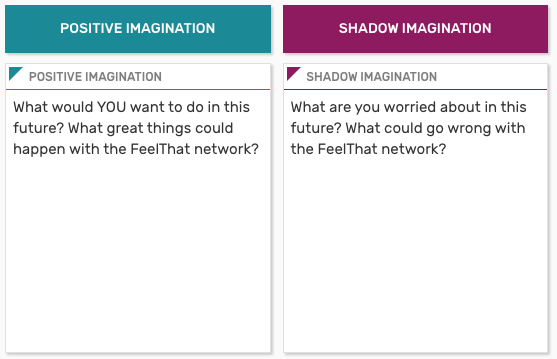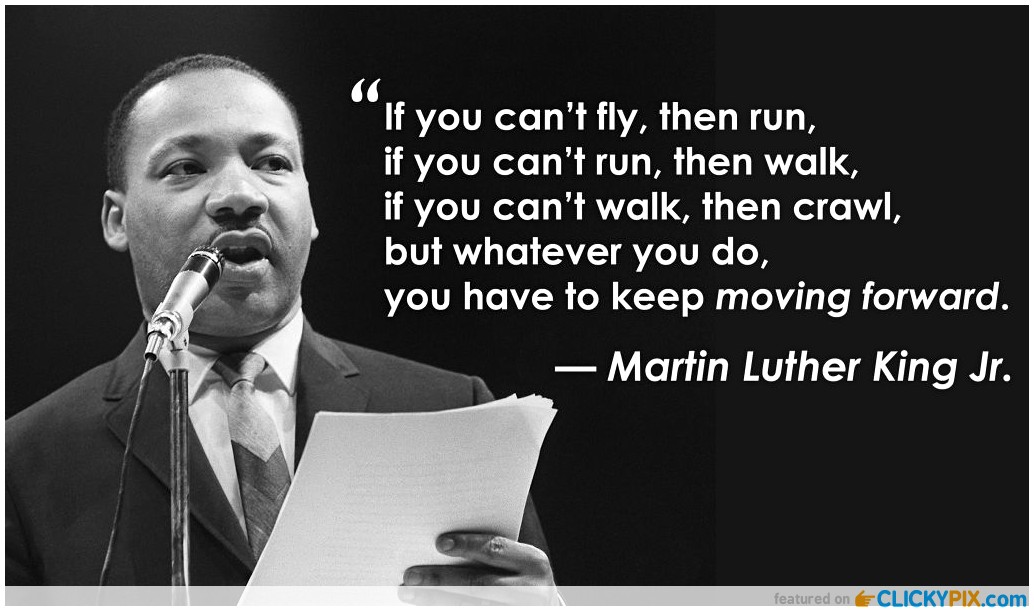It was the voice of Derek Weimer, a history teacher, that truly made me reflect on my role as a professional educator in the wake of what happened in Charlottesville, Virginia. Weimer is a former history teacher for James Alex Fields, Jr., the accused domestic terrorist who allegedly drove a car into a crowd of counter-protesters at a white supremacist rally in the city over the weekend, killing one person.
Daniel Braunfeld
Recent Posts
How to Foster Humanity as Teachers in the Wake of Charlottesville
Posted by Daniel Braunfeld on August 16, 2017
Topics: current events
From November 13-14 Facing History and the Institute for the Future launched Face the Future, an online game for social change. For 30 hours, students, teachers, and community members from around the world gathered virtually to imagine the future of empathy. Daniel Braunfeld, Senior Program Associate for Special Projects, shares his experience playing the game, which is set in the year 2026—and how it is changing the way he lives in 2016.
Topics: Online Tools, Empathy, Community Conversations
Education Week Highlights Facing History: Watch How One Educator Addresses Islamophobia in the Classroom
Posted by Daniel Braunfeld on March 3, 2016
What does Facing History look like in action? Look into Calee Prindle’s classroom and you’ll see it come to life. Calee is an English Language Arts teacher and an advisor at the Facing History School (FHS) in New York City. FHS is a founding member of The Facing History Innovative Schools Network – a connected group of more than 80 schools that embrace Facing History's core themes as essential to their mission.
Topics: Classrooms, New York, Teaching, Facing History and Ourselves, Paris
Digital Tools to Inspire Your Students on Martin Luther King, Jr. Day
Posted by Daniel Braunfeld on January 12, 2016
Next week we will take the time to celebrate the life and legacy of Dr. Martin Luther King, Jr. His message of calling people from all walks of life to work together in support of the common good is just as pertinent now as it was then. As we prepare to talk to our students about what Dr. King stood for, here are some digital tools to bring his words and ideas to life in your classroom. This round up will enhance your students’ ability to study his role in the Civil Rights Movement while inspiring them to participate as upstanders in their own communities.
Topics: Choosing to Participate, Civil Rights, Media Skills, Online Learning, Facing Technology
Choosing to Participate in the Ice Bucket Challenge
Posted by Daniel Braunfeld on September 12, 2014
As any Facing History teacher will tell you, many of our lessons begin with stories of identity. To introduce identity, and to start thinking about the various aspects that make up our own identities, we often use an Identity Chart teaching strategy.
Topics: Back-To-School, Student Voices, Choosing to Participate, Teaching, Identity, Facing History Together, Race and Membership
Martin Luther King, Jr. Day is observed in the United States next week, celebrating the life and legacy of Dr. King and calling people from all walks of life to work together in support of the common good. The day provides an important opportunity for students to study the civil rights movement in the United States and King’s role within it, but it also can – and should – be a moment for young people to reflect on their own civic agency, and to find ways to participate as upstanders in their communities. Here are some new ideas for honoring King using digital media.
Topics: Choosing to Participate, Civil Rights, Media Skills, Online Learning, Facing Technology
I believe “truth” is a very noble goal.
Speaking to realities, acknowledging someone’s experience, debunking myths – I believe that being truthful, and seeking the truth, are defining parts of my identity.
Topics: Safe Schools, Social Media, Media Skills, Bullying, Critical Thinking, Facing Technology
Just over a week ago, my wife gave birth to our second child – a healthy, adorable, little boy. For my wife and me, having a second child was a much different experience than when we had our first: we were no longer afraid that we were going to break the baby. We didn’t feel like the hospital should be sued for negligence for allowing us to take the child home. And, perhaps most importantly for this blog, my wife and I now both had smart phones. While one would think the first two items would be worth discussing with soon-to-be repeat parents, I found myself more fascinated by the latter – the presence of this Swiss Army Knife of a phone in my hand. As with our first child’s birth, I took pictures, I made phone calls (Hi, it’s a ___!), and I crafted the email I would send to my friends and family. This time, however, I had the power to hit send within only seconds of my son entering the world. And thus rose my first dilemma as a second-time father – to post, or not to post, that newborn picture?
Topics: Social Media, Media Skills, Facing Technology





